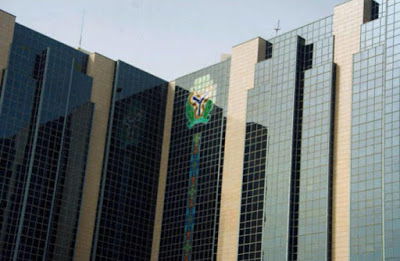
The Central Bank of Nigeria (CBN) has disclosed that foreign reserves appreciated by $554.7 million or 1.8 per cent in July, to bring the year till date growth to 19.3 per cent. The foreign reserves closed July at $30.8 billion from $30.29 billion it opened the month under review.
The $30.8 billion foreign reserve reordered by CBN was the highest since May 12, 2017, as global oil prices stabilized and inflow from International Money Transfer Operations continued to increase.
In 2017, the foreign reserves appreciated by estimated $5billion from $25.8 billion it opened despite CBN unrelenting intervention in the foreign exchange market.
The nation’s foreign reserves appreciated by $4.45 billion in first three months (Q1) of 2017 amid CBN sustained pressure in bridging the gap between official foreign exchange and parallel market rates with the introduction of several foreign exchange windows.
Statistics on the CBN website revealed that the foreign exchange reserves increased by 17.2per cent to $30.29 billion on March 30, 2016 from $25.84 billion it opened this year. Specifically, the foreign reserves for the first time in 2017 hit $30 billion on March 8, and hovering around $29 billion and $28 billion in February.
According to reports gathered by Eyes Of Lagos, The Organization of Petroleum Exporting Countries (OPEC) price basket of 14 crudes stood at $50.04 a barrel on Monday, compared with $49.94 the previous Friday. Finance analysts said the steady increase in global oil prices has positively impacted on CBN’s weekly intervention and foreign reserves.
An economic expert, Prof. Uche Uwaleke, said recent rise in global oil price has continued to up thrust the nation’s foreign reserves. He said, “Of recent, we have witnessed growth in global oil prices and Nigeria oil output has continued to grow to 1.8 million barrel per day. Mind you the global oil prices have grown to an average $50 per barrel. The increase in crude oil price and stability in Nigeria output continued to impact positively on the foreign reserves.



